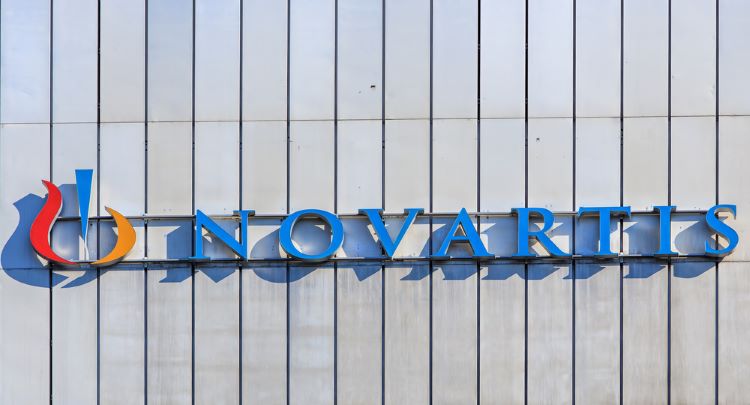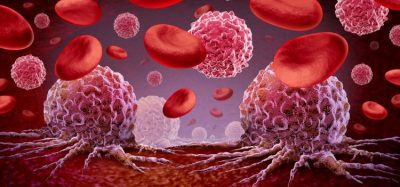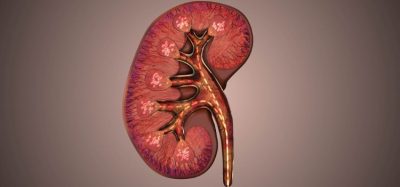Novartis secures first-of-a-kind haematology approval
Posted: 6 December 2023 | Catherine Eckford (European Pharmaceutical Review) | No comments yet
A novel Factor B inhibitor of the immune system’s complement pathway has been approved for paroxysmal nocturnal haemoglobinuria (PNH).


Credit: Judith Linine / Shutterstock.com
The US Food and Drug Administration (FDA) has approved the first oral monotherapy treatment for adults with paroxysmal nocturnal haemoglobinuria (PNH). Novartis’ Factor B inhibitor, Fabhalta® (iptacopan) provides comprehensive control of red blood cell (RBC) destruction, according to the company.
Novartis releases data for potentially “practice-changing” PNH medicine
Key Phase III data for iptacopan
“In clinical studies, iptacopan was superior to anti-C5s in haemoglobin improvement in the absence of red blood cell (RBC) transfusion and transfusion avoidance rate, and also effective in complement inhibitor-naïve individuals, by providing clinically meaningful haemoglobin-level increases without the need for blood transfusions,” stated Dr Vinod Pullarkat, Clinical Professor, Department of Hematology and Hematopoietic Cell Transplantation, City of Hope, US.
Approval of iptacopan for the aforementioned indication is based on two Phase III studies. The first, the Phase III APPLY-PNH trial evaluated patients with residual anaemia (haemoglobin < 10 g/dL) despite prior anti-C5 treatment who switched to Fabhalta.
Data presented at the 2023 European Society for Blood and Marrow Transplantation (EBMT) annual meeting revealed that the treatment demonstrated superiority in haemoglobin improvement in the absence of RBC transfusions and in transfusion avoidance rate over patients who stayed on anti-C5 treatments.
Data from the Phase III APPLY-PNH and APPOINT-PNH trials
Novartis highlighted that the 24-week core treatment periods in the APPLY-PNH and Phase III APPOINT-PNH trials respectively showed:
- Patients with sustained increase of haemoglobin levels ≥ 2 g/dL from baseline in the absence of transfusions: 82.3 percent of anti-C5-experienced Fabhalta patients responded versus 0 percent for anti-C5. Then 77.5 percent of complement inhibitor-naïve patients using Fabhalta achieved this outcome.
- Patients with sustained haemoglobin level ≥ 12 g/dL in the absence of transfusions: 67.7 percent of anti-C5-experienced Fabhalta patients who responded compared to 0 percent for anti-C5.
- Patients avoiding transfusion: The transfusion avoidance rate was 95.2 percent for anti-C5-experienced Fabhalta patients versus 45.7 percent for anti-C5.
Therefore, with data showing that iptacopan is an “efficacious oral treatment with a demonstrated safety profile [this] could be practice-changing for physicians and help relieve burdens experienced by people with PNH,” Dr Pullarkat added.
This is important because existing C5 inhibitor treatments, administered as infusions, may leave PNH symptoms uncontrolled. Additionally, up to 88 percent of patients given an anti-C5 treatment may have persistent anaemia. Over one-third of those patients require blood transfusions at least once per year, according to research published in a 2017 paper in Blood and a 2022 paper in Annals of Hematology.
Related topics
Big Pharma, Biopharmaceuticals, Clinical Development, Clinical Trials, Drug Development, Drug Markets, Drug Safety, Regulation & Legislation, Research & Development (R&D), Therapeutics









